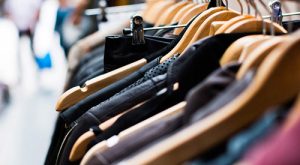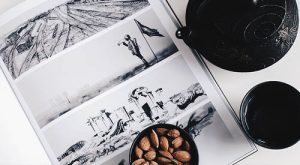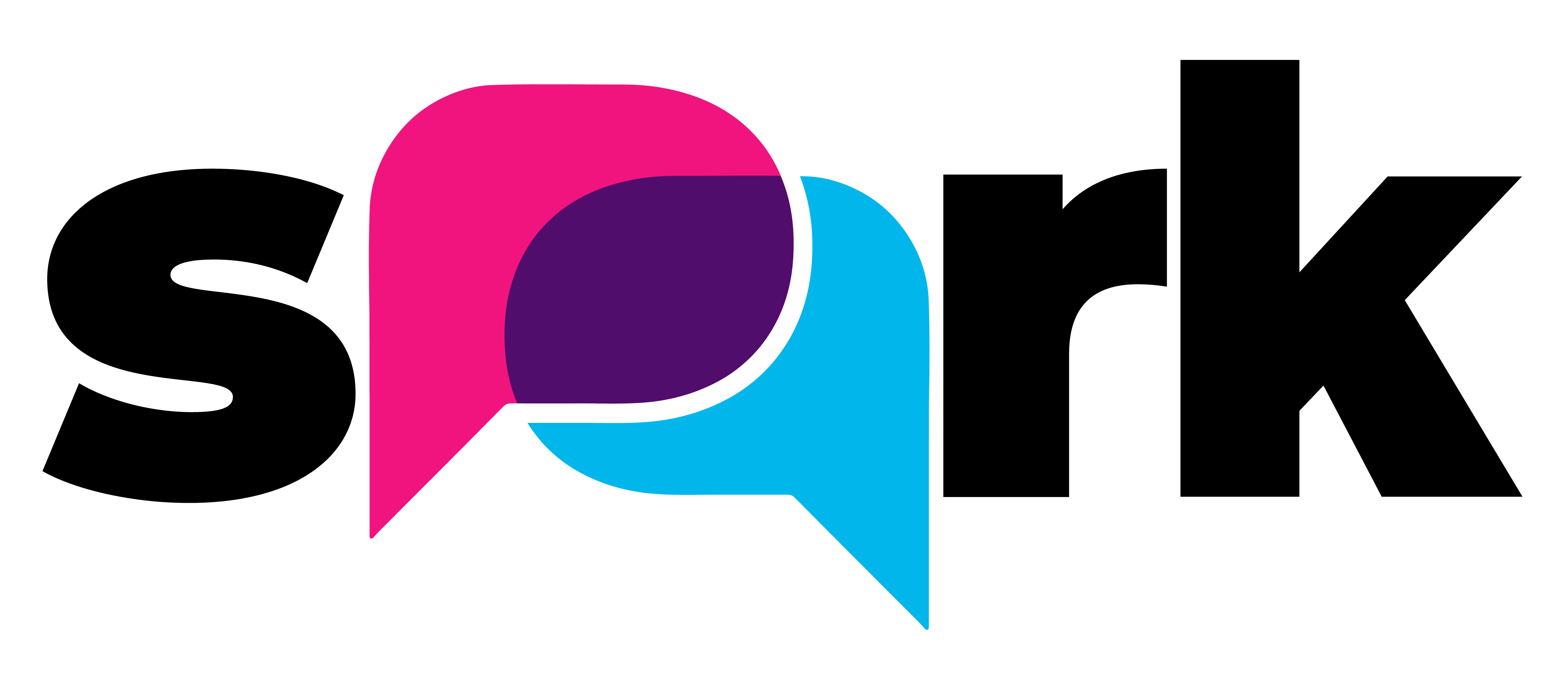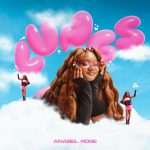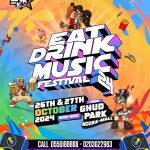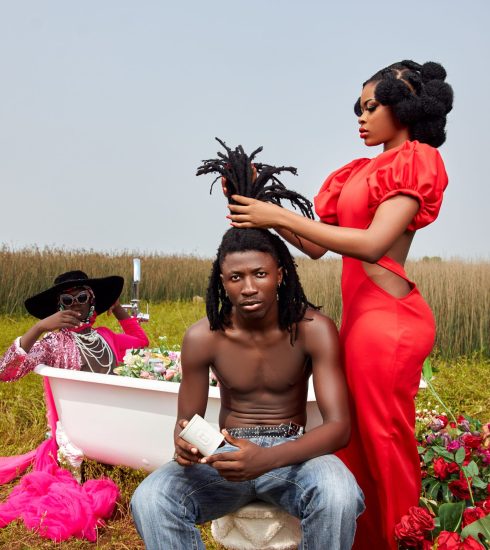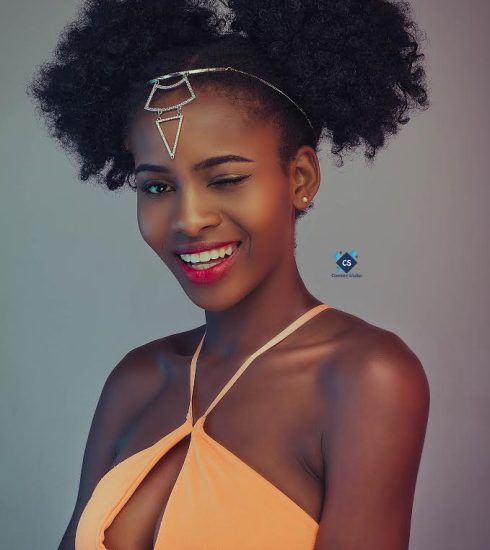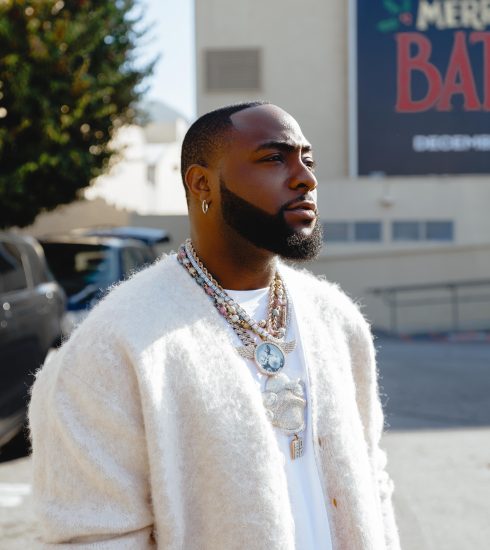Rapper KooKusi Talks about new Project Addicts Anonymous
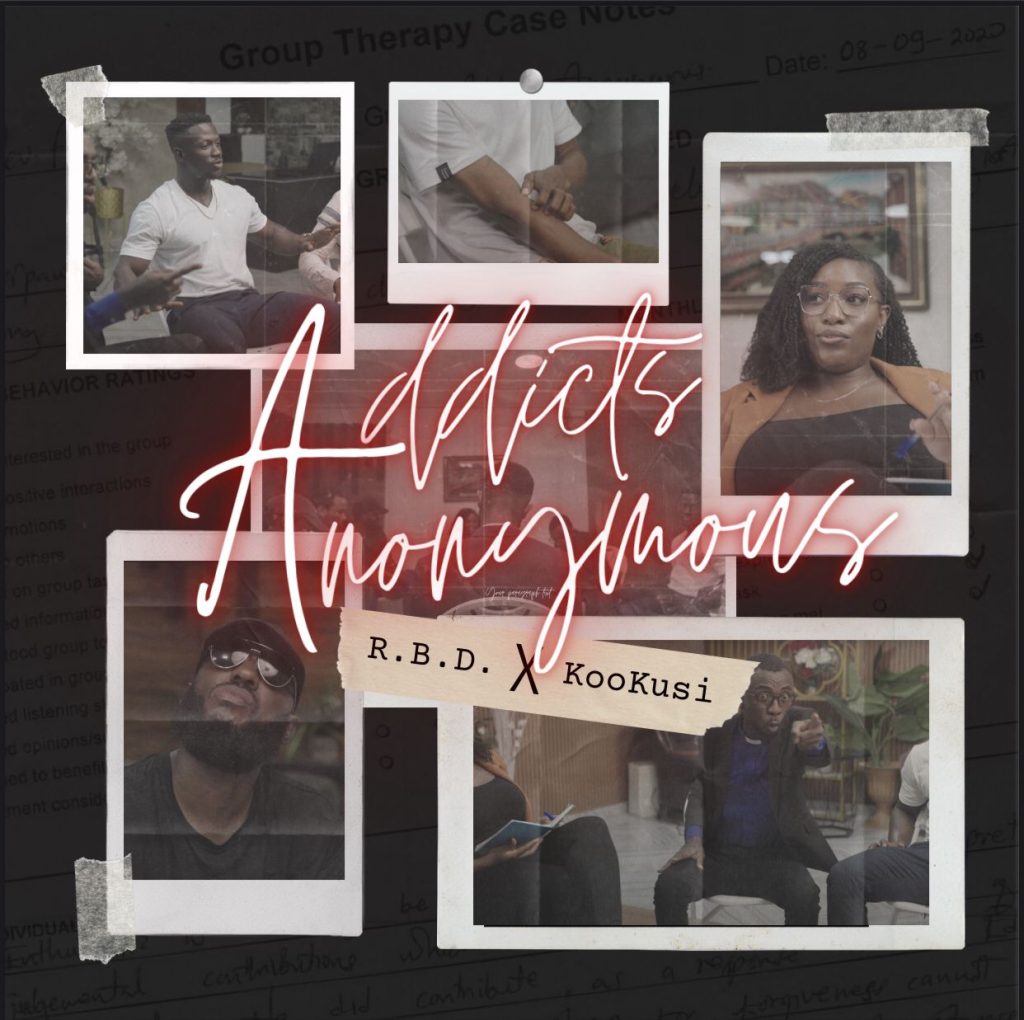
The rap world has been active and loud this year and we are loving it, Last week, Ghanaian rappers Kookusi and RBD teamed up for a joint project titled Addicts Anoymous, an 8 track project with an addiction theme that they made together to address the stigma associated with Addictions. This project tells the story from the perspective of Addicts.
We caught up with Ghanaoian rapper Koo Kusi known for his lyrical dexterity and storytelling and also one half of the duo to undderstand this project more and understand his role on the project.
Spark: What inspired you to explore addiction from the perspective of the addicts in your project?
Kookusi: The first impression an addiction project gives the average person is judgment, and that defeats the entire purpose of discussing addiction. Speaking from the victim’s perspective gives it a non-judgmental feel.
Spark: Is this a form of therapy for you or you just want to create awareness?
Kookusi: I am not even sure, I don’t know that it is therapy per se. Coming from an addiction research background (which can be vague to the lay man) this is my social contribution to society
Spark: Can you describe the process of researching and understanding the experiences of addicts for this project
Kookusi: We individually did discussions together I had to do a lot of reading, polls, random questioning, and more targeted interviews which was hard because it’s hard to get people to open up to you about their own battles. Youtube videos on some of the addictions that are not common in our parts were great too.
Spark: Who are the other people who contributed to this project in any other way, be it producers and other artiste who featured
Kookusi: There are only two featured artists : Arathejay , and Anabel Rose. Christoven , Wolfbite , Rdeebeatz , produced songs . Rdee did the overall mixing and mastering as well. Nana Bekoe played guitar for “sex”, and Paapa Versa assisted with the piano transition on “Drugs”. Charles Amankwa, Jace Tsagli, and The Big Family choir also had vocals on “Drugs”. The skits were sampled from the “Power” video shoot, and it features Roxanne, Nine99, Daniel Amegatcheh, Darkskinboy, King Stripes, among others. Captureville handled video and photography for this project release.
Spark: How do you ensure that your portrayal of addiction is authentic and respectful to those who struggle with it
Kookusi: Appreciating the perspective of a person with addiction is the first step. It’s a really delicate subject to discuss and to be able to speak on it the way we did we had to fold our biases, and be as empathetic and open-minded as possible even as we address the plight.
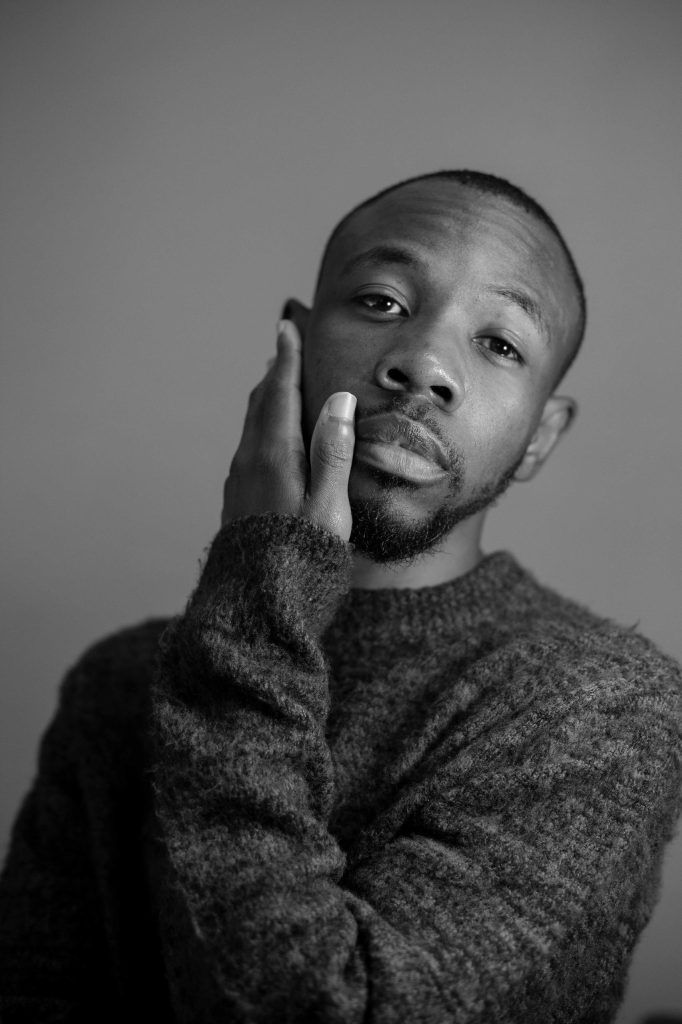
Spark: Were there any personal experiences or stories that influenced the creation of these songs?
Kookusi: Not directly. I have sampled a few remote addiction stories because it’s my field of study, but i don’t know that they necessarily bled into this.
Spark: How did you approach writing about such intense and often painful subjects while maintaining artistic integrity
Kookusi: That’s a hard question. I’m not sure. I guess the poetry we already have on lock, the real challenge is putting yourself in the shoes of the person with addiction , and asking yourself how you’d have spoken about your plight.
Spark: Can you share a specific song from the project that holds the most significant meaning to you and why?
Kookusi: Drugs, beyond the fact that this is what my PhD is based on, it always makes me sad. It bothers me so much that social stigma makes it twice as hard for people with substance use disorder to open up, come clean, seek help. What’s the point in asking for help from people that have already canceled you ?
Spark: What was the most challenging addiction to write about and why?
Kookusi: I was fortunate enough to not do video game addiction, I think that would have been the worst and so I was happy to defer to R.B.D. Sex was awkward for me to write, because I had to speak on it accurately without being necessarily vane.
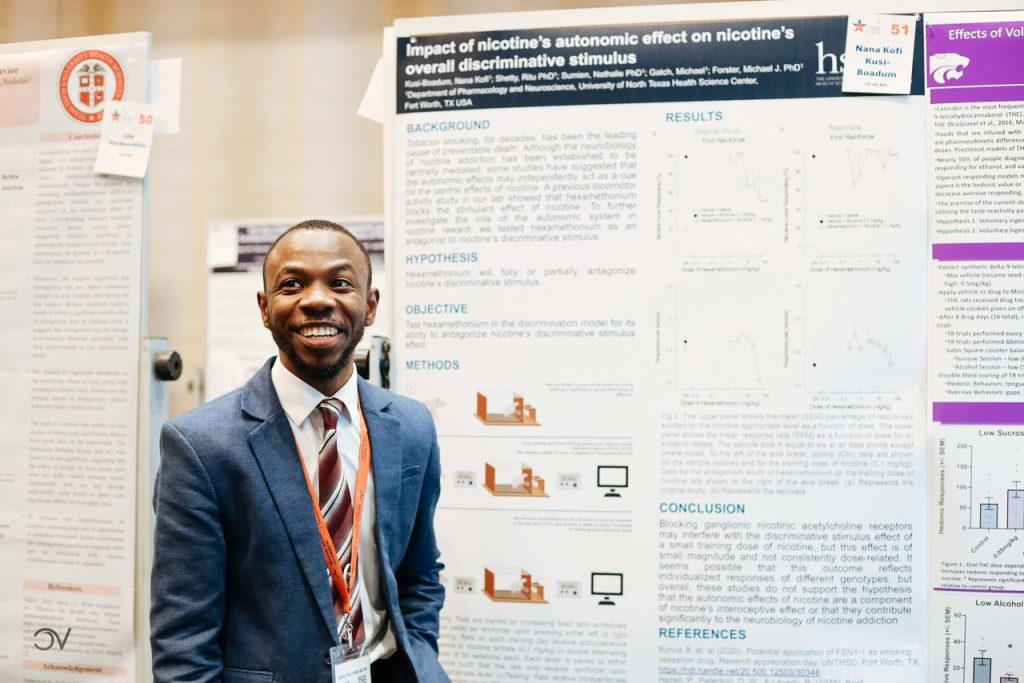
Spark: How did the process of creating this project affect you personally and artistically?
Kookusi: To be honest, I have come to appreciate what it means to collaborate with another artist over a long period of time on every song. I’ve learned to listen more.
Spark: How do you think society’s perception of addiction has changed in recent years, and how does your project reflect that?
Kookusi: Everyone I told we were working on a full addiction tape assumed it will come from an advisory perspective. And why’s this? It’s because for way too long we’ve been quicker to point fingers than understand the circumstances that led to it. I think it’s a lot of progress that people are slowly appreciating addiction as a disease, and not a social vice. I guess taking the victim’s perspective, without demonizing addiction on this tape is testimony of progress.
Spark: Can you talk about the role of social media addiction in your project and why you felt it was important to include?
Kookusi: I HAVE BEEN A VICTIM! Or so I think, i don’t know. I think it’s super prevalent, ironically ruining more relationships than you’d think, and is downplayed. I have spoken about it in the past on “Phone Down”, and this will not be the last time either.
Spark: What has been the most surprising reaction or feedback you’ve received about your project so far?
Kookusi: Money o, money. The fact that it’s almost unanimously everyone’s favorite jam on the tape.
Spark: How do you see your project fitting into the larger landscape of music addressing social issues?
Kookusi: Every project I have done in the past has been social-impact driven. I think slowly I’m building that reputation for myself. I’m not sure how much there is to “learn” from this project, because we offered no suggestions, nor solutions, for any one addiction we discussed. The biggest impact I think this makes is in the lives of people who can relate to these addiction stories.
Spark: What do you hope listeners take away from your songs about addiction?
Kookusi: ADDICTION IS NOT A VICE , it is a chronically relapsing disorder. ADDICTION DOES NOT DISCRIMINATE BETWEEN OCCUPATIONS ADDICTION COMES IN MANY DIFFERENT FORMS. If you ever encounter a person struggling with addiction, be empathetic.
Listen to this project on Spotify
Follow Kookusi on social media
